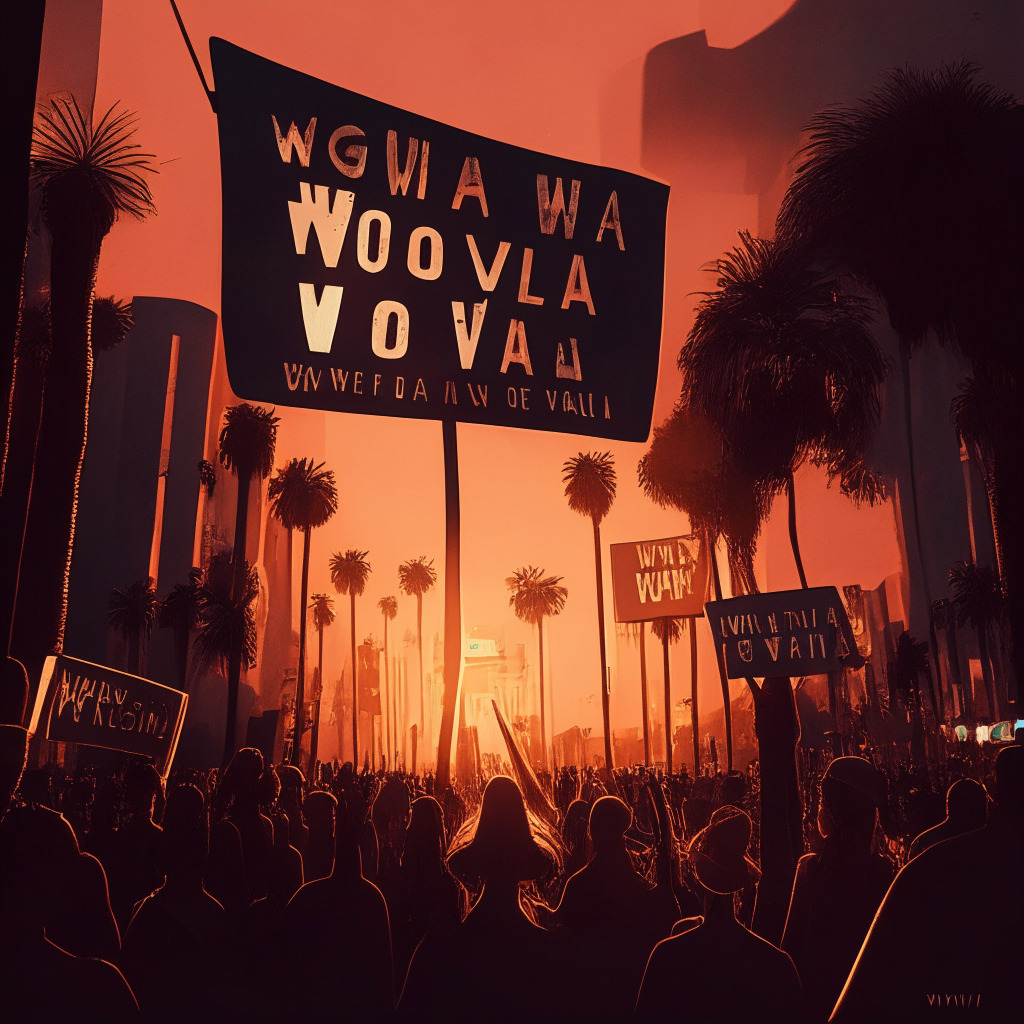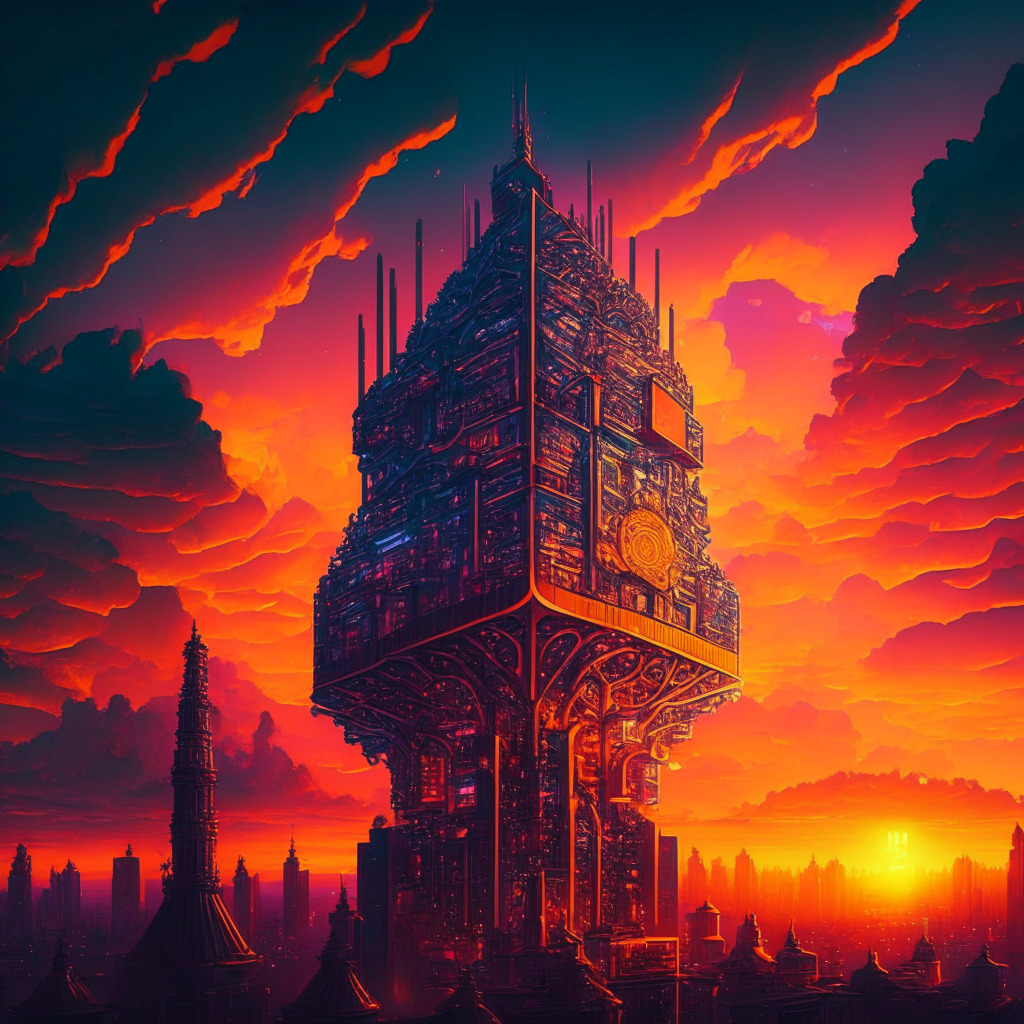Artificial intelligence (AI) continues to raise eyebrows and generate heated discussions in various industries, including Hollywood and the greater media industry. The recent list of demands submitted by the Writers Guild of America (WGA) has sparked yet another controversy around the use of AI in the entertainment sector.
The WGA has specifically requested regulations on AI usage in minimum basic agreement (MBA) covered projects, stating that AI should not be used to write or rewrite literary material, nor be used as source material. Furthermore, they have demanded that MBA-covered material is prohibited from being used in AI training. The guild initially expressed their concerns over the potential for AI to undermine writers’ working standards, encompassing compensation, residuals, separated rights, and credits.
However, Hollywood studios have rejected these demands outright, countering with an offer of “annual meetings to discuss advancements in technology.” This disagreement surrounding AI usage is one of many factors contributing to the ongoing WGA strike occurring in Los Angeles, their first authorized strike in 15 years.
Ellen Stutzman, chief negotiator for the WGA, considers their proposal to be reasonable, asserting that AI should be kept “out of the business of writing television and movies.” Consequently, some guild members have even dubbed AI as the “plagiarism machine.”
This situation brings to light the contrasting approaches to emerging technologies like AI in the entertainment field. AI tools are currently being utilized in Hollywood for tasks such as touching up visuals and de-aging actors’ appearances. However, major companies in other creative industries like the music industry have taken a more cautious route. When AI-generated music began appearing on streaming services, Universal Music Group’s initial response was to seek removal and file lawsuits.
Nevertheless, some established artists within the music industry are encouraging the use of AI technology, showcasing a divide in public opinion.
In summary, the delicate balance between the potential benefits and pitfalls of AI technology integration in the entertainment industry is a contentious issue. The WGA strike and the demands surrounding AI usage in Hollywood demonstrate that the impact of AI on creative industries will continue to be a much-discussed topic. While AI brings numerous technological advancements, one must weigh its value against possible ethical ramifications and disruption of traditional creative practices.
Source: Cointelegraph




